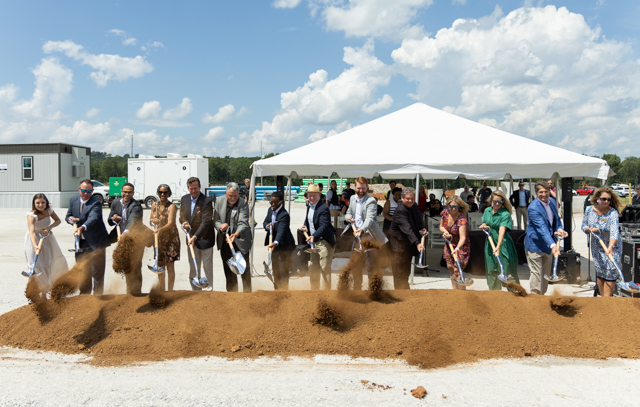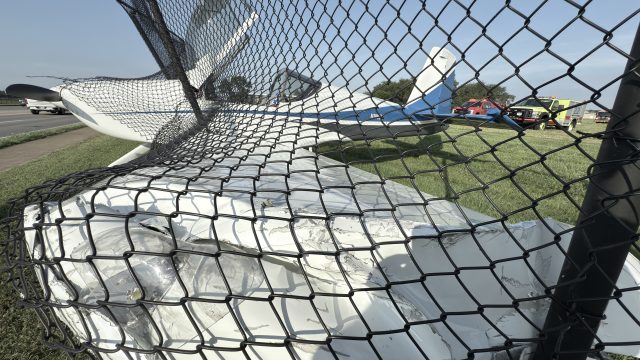Local probes get boost from ATF ballistics database
Published 12:15 am Friday, June 18, 2021
Cooperation between federal and local law enforcement is always welcome – especially when federal resources can be used to advance local investigations and improve public safety.
The U.S. Bureau of Alcohol, Tobacco, Firearms and Explosives came to Bowling Green recently with its National Integrated Ballistic Information Network mobile unit. In a nutshell, the NIBIN system takes an image of a round fired from a gun and loads the information – distinct markings that a firearm makes on a spent round – into a national database.
Trending
NIBIN can be used to collect and compare digital scans of guns and cartridge casings found at crime scenes across the country.
Comparison of newly submitted images to existing images can allow law enforcement to identify potential links between firearm-related crimes in separate jurisdictions.
In all, an estimated 4.2 million pieces of evidence and about 45 million images are stored in NIBIN.
In 2019 alone, 67,000 leads were generated by 220 NIBIN locations and 450,000 guns used in crimes were traced back to their origins by the agency’s National Tracing Center, according to ATF.
“I can relate this to a fingerprint database, but it’s for guns,” said Chief Deputy Kevin Wiles of the Warren County Sheriff’s Office. “If a particular weapon has been involved in a crime somewhere else, we may have a chance of developing a lead on another crime it was used in.”
The WCSO brought several dozen guns that were involved in criminal investigations and fired each weapon into a device that captured the identification information from each round. The sheriff’s office used the opportunity to prioritize cases that had the best chance of having leads generated by the NIBIN system.
Trending
The odds are good that the ATF’s database will produce some results for the WCSO by connecting guns confiscated locally to investigations elsewhere, thereby providing new information that will advance WCSO’s cases.
In some instances, such information might never have come to light without access to the NIBIN system, meaning this single visit by the ATF’s mobile unit could have benefits for investigators locally and around the country well into the future.






